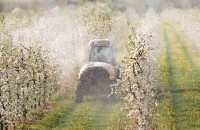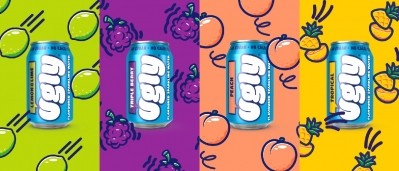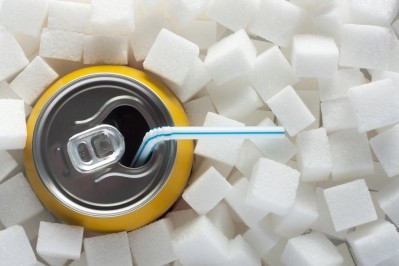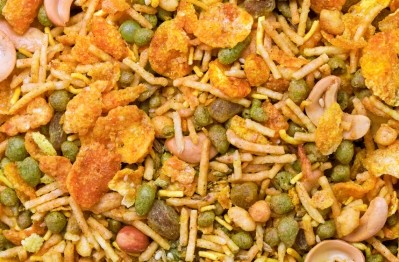2016: The good, the bad and the ugly
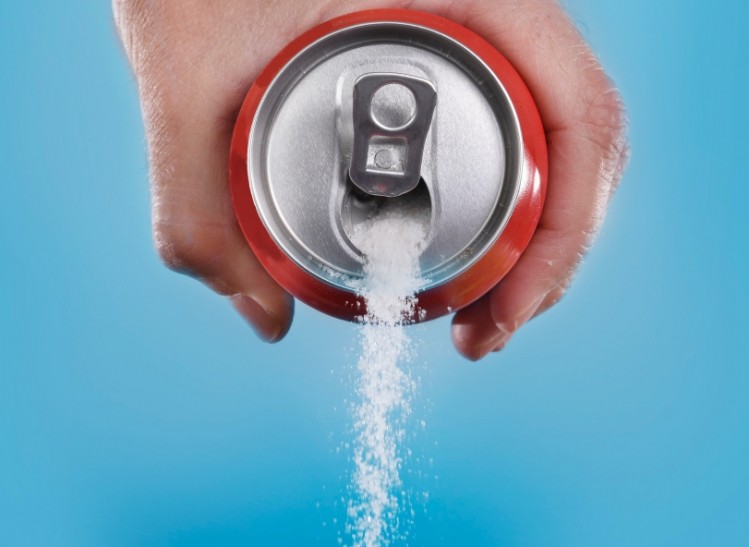
Boldest announcement of the year
Mondelēz certainly raised a few eyebrows with its recent decision to abandon its Fairtrade certification. That’s certainly a brave move.
However, this award has to go to the (now former) UK Chancellor, George Osborne, for his announcement back in April detailing a tax on sugar-sweetened drinks. Whether the move was politically motivated or otherwise is unclear (it didn’t save Osborne in the post-Brexit cabinet overhaul), yet the idea seems to have stuck with legislation included in the recent draft of the country’s Finance Bill.
This has left a sour taste in the mouths of manufacturers, according to the Food and Drink Federation. Campaigners are not happy either, given that the new law is the only piece of ‘tough’ regulation that remains in the government’s childhood obesity plan (which the pre-Brexit government had promised would be a bold new policy vision to tackle childhood obesity).
PR fail of the year
Normally there are plenty of contenders for this award, but this year there was only ever going to be one winner. The year didn’t start well for the IOI Group when, in April, it was suspended by the Roundtable on Sustainable Palm Oil.
As the big food brands lined up to distance themselves from IOI the onus was on the firm to dampen the flames. Instead, it chose to fan them: first with a public threat to sue the RSPO (of which it is a founding member), and then a decision later perform a u-turn after it had “engaged” with its customers.
Though the RSPO has since reinstated IOI, the handling of the situation won’t have gone down with the company’s major customers. It’ll be a long road back and whilst the company isn’t as toxic as it was six months ago significant questions remain.
Most concerning study
Germany and Sweden are just two of only four countries in the world that include sustainability criteria in their dietary guidelines. The report published by the Food Climate Research Network in May, assessing the guidelines in 83 countries, may not have been the sexiest story of the year but the findings are certainly amongst the most worrying. Indeed, at least those 83 nations with food-based dietary guidelines – 132 countries didn’t have any at all. Countries are trying to align to sustainability and health but the vast majority are hitting a brick wall, the researchers found. Few have done much to promote their advice, either.
The hot potato
Glyphosate hit the ground running in the early part of the year, with the controversial herbicide’s licence up for renewal. The story demonstrated the power of
campaign groups, especially when armed with social media and the confusion created by a transatlantic bun fight between the European Food Safety Authority and the World Health Organisation. With a temporary fix in place in the form of an 18-month extension, the issue won’t be far from the news pages next year.
And neither will acrylamide. New draft regulations are again pitching campaigners against not only industry, but also the European Commission and its alleged ‘too-cosy-for-comfort’ relationship with food manufacturers. Some have now challenged the legal basis for the draft proposals. Watch this space.
And finally … the story that bugged me
David Burrows has been writing about food policy, innovation and sustainability for more than a decade. He is a regular contributor to FoodNavigator as well as a number of other food and environment titles.
The concept of entomophagy certainly has legs, but let’s not run before we can walk. Millions of people may already eat crickets and bugs but convincing western consumers to do so will be far from easy (they are not going to replace the traditional Christmas dinner, as one commentator suggested this week). Some have even questioned whether pound for pound, insects are a better protein source than chicken.
Opportunities most likely will lie in the protein supplement sector, at least for the time being, where creatures can be ground down thus removing the ‘ick factor’. Whilst these products will need to be labelled accurately, an image of beetle grubs on the wrapper is probably not the way to go. The regulatory regime is also far from clear, making this a medium-term rather than shorter-term ‘solution’.
(Note: FoodNavigator will be investigating the market for alternative proteins as part of its editorial calendar for 2017).

